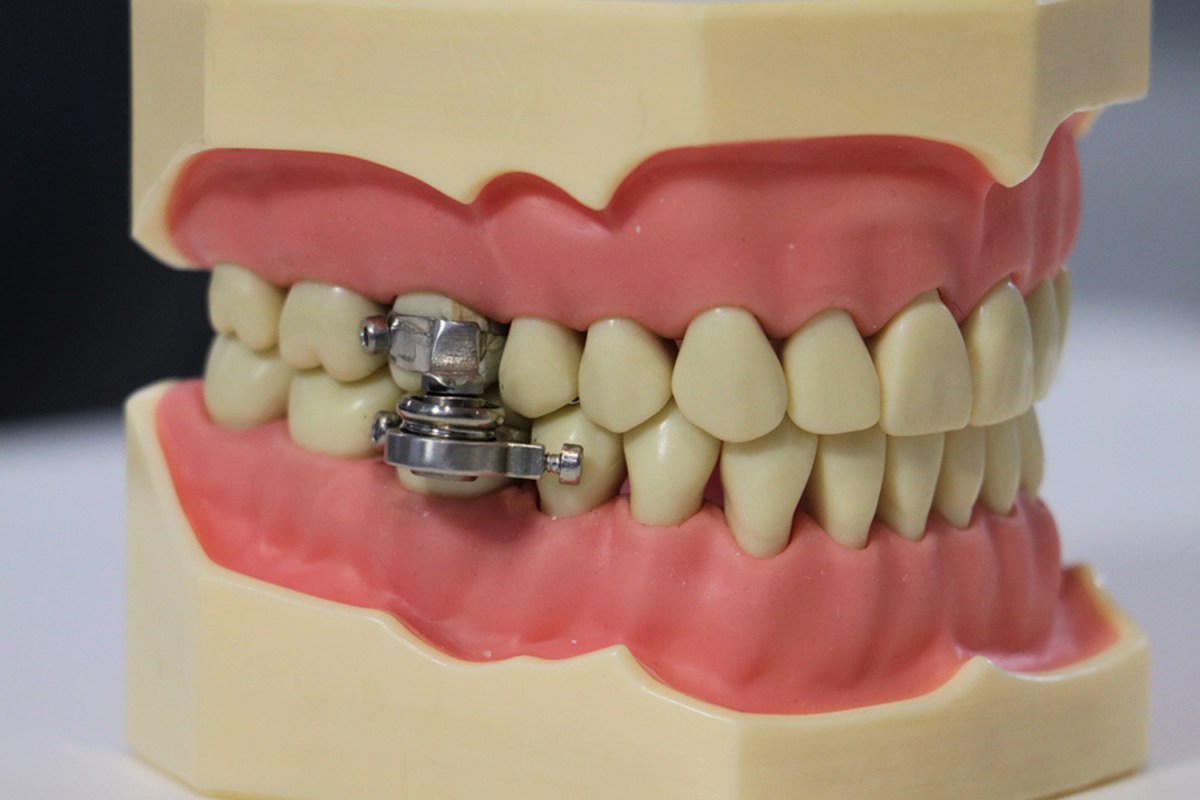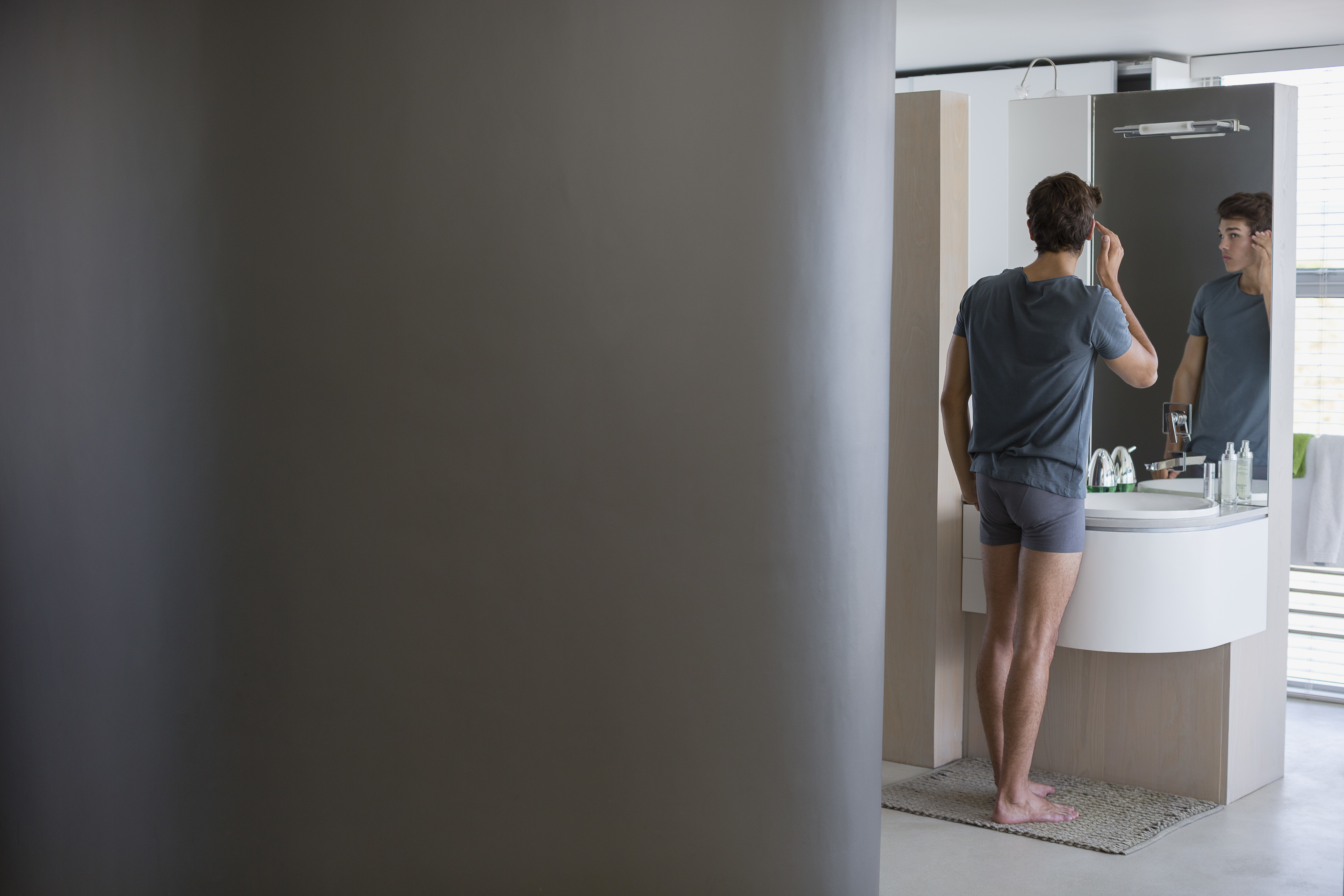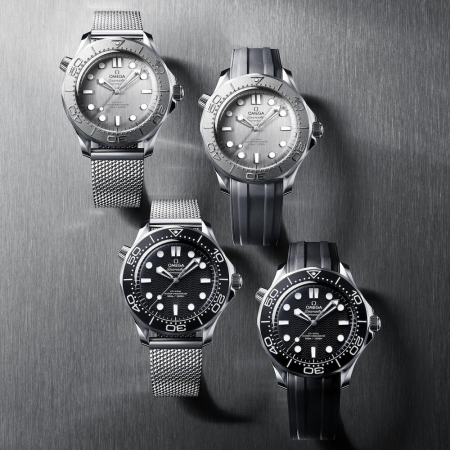Scientists in New Zealand have apparently taken it upon themselves to invent a new weight loss contraption that works by simply locking your jaw shut — you know, so you can’t consume food. While I can’t argue with the fact that this rather straightforward approach does seem effective, it is an interesting choice considering we are living in the year 2021 and not 1955, a year in which I could easily envision an ad for such a device that promises to help single women slim down and trap a man running beside a Redbook article on how to vacuum more quietly around your husband’s La-Z-Boy chair so you don’t disturb him.
Unfortunately, as someone who was baptized into the diet culture of the early aughts and worshipped under the holy trinity of ephedra, olestra and Splenda, some sad, starving part of my broken brain couldn’t help but find itself momentarily intrigued by this form of medieval torture refashioned as a medical weight loss device.
The DentalSlim Diet Control, developed by a team of researchers at New Zealand’s University of Otago, is a magnetic contraption fashioned to the wearer’s back teeth that prevents them from opening their jaw all the way, restricting them to a liquid diet. According to a press release, a person wearing this device can still open their jaw about two millimeters, which is apparently enough room for speech and unrestricted breathing. Patients fitted with the device are also given a tool to unlock it in case of emergency, though reportedly no participants in the study needed to make use of it. Meanwhile, those participants lost an average of about 14 pounds in two weeks “and were motivated to continue with their weight loss journey.”
In short, the DentalSlim Diet Control “is a non-invasive, reversible, economical and attractive alternative to surgical procedures,” according to lead researcher Paul Brunton. “The fact is, there are no adverse consequences with this device,” he added in the release.
Naturally, many people on the internet disagreed with this “fact,” slamming the DentalSlim for perpetuating toxic diet culture and fatphobia, with some even going as far as to call the device “evil.”
In response to the backlash, the University of Otago Twitter account followed up with a series of tweets clarifying that the device “is not intended as a quick or long-term weight-loss tool; rather it is aimed to assist people who need to undergo surgery and who cannot have the surgery until they have lost weight.” The press release does note that the device “could be particularly helpful for those having to lose weight before they can undergo surgery,” who would wear the device for a few weeks and then have it removed, followed by “a period with a less restricted diet” that “would allow for a phased approach to weight loss supported by advice from a dietician.” However, the original press release did not seem to explicitly state that such a brief, pre-surgical stint was the primary intended use for the device, which was advertised as an “alternative” to surgery.
While the whole concept may seem, as one critic put it on Twitter, “appalling,” Brunton maintains that the device “could really help people,” particularly those who “are really struggling — and let’s face it, that’s millions of people across the world.”
If Brunton is right about one thing, it’s that there certainly are many people who do want to lose weight and may feel they need help doing so, maybe even help from a tool that resembles a medieval torture device. Is the very existence of the DentalSlim Diet Control both a symptom and perpetrator of the kind of toxic diet culture that body-positive activists have been fighting for years? Quite possibly. But if someone wants to magnetically lock their jaw shut to lose weight, is it really anyone else’s business what anyone chooses to do with their own body? I don’t know anymore. Again, years of Splenda have gone to my brain, but I say if you want to lock your jaw shut, then it’s your jaw, your choice.
Whether you’re looking to get into shape, or just get out of a funk, The Charge has got you covered. Sign up for our new wellness newsletter today.

















